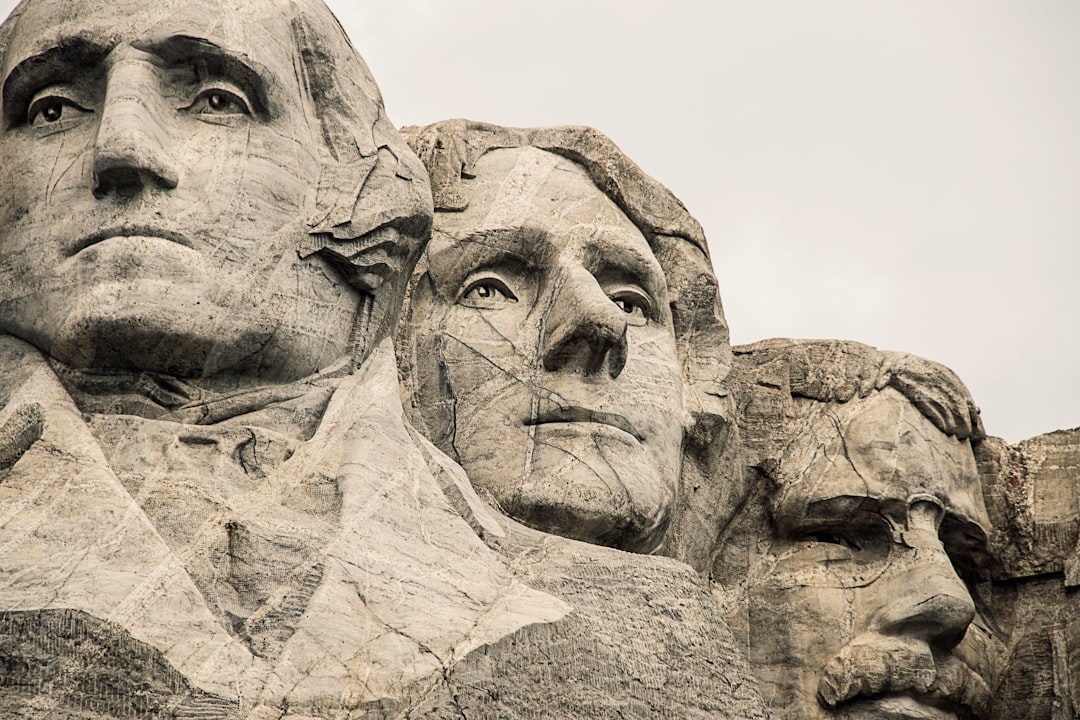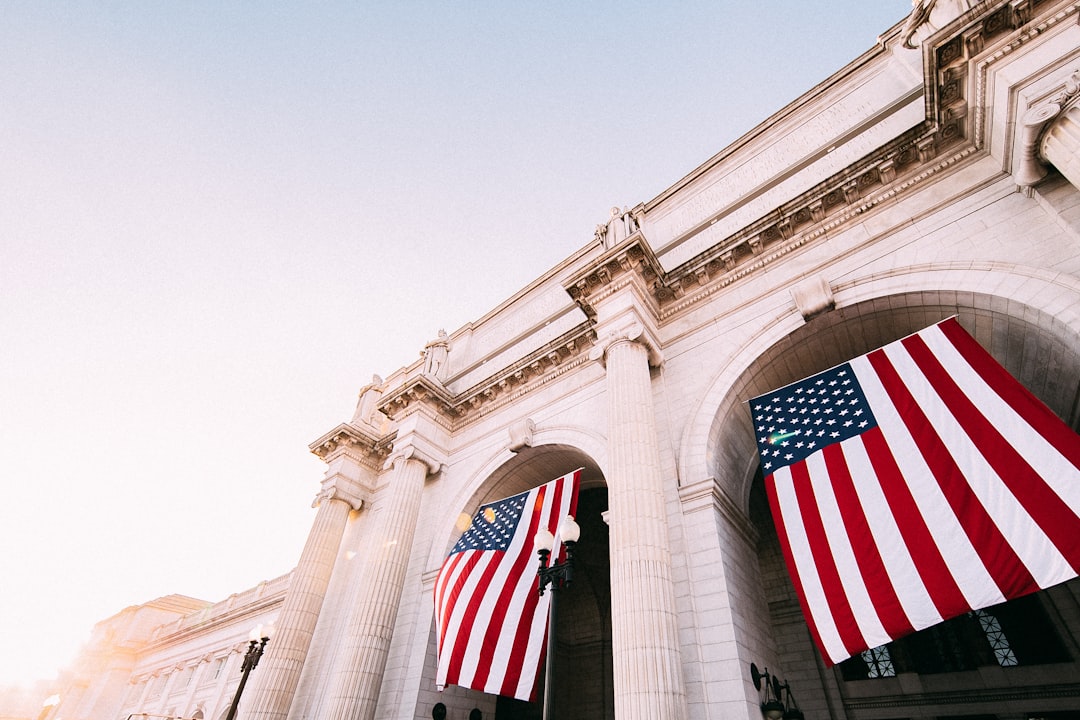The rise of an empire
How America became the beacon of freedom
Part of why the American experiment was significant was that it served as an example to oppressed people all over the world. In 1835, after touring the United States, Alexis de Tocqueville observed that "freedom" is the "chief tool" of American foreign policy. He was implying that diplomacy is not just a government function in the United States. When citizens of the United States declare their trust in their beliefs and live them at home, they are contributing to the formation of their country's foreign policy, since their words and deeds serve as a lesson to the rest of the world.
"What is the essence, the underlying spirit of our own institutions, of our entire system of government?" questioned US Secretary of State Daniel Webster during the Greek Revolution of 1821 against the Ottoman Empire. "Public opinion," he said. Let us divert the energy, the tremendous moral force, of this engine to the benefit of others while it functions with intensity and progresses in the proper direction, the country must always be safe." Even if the US government does not formally interfere, the American people's support for those seeking liberty is a crucial asset to their cause.

Our political, religious, and economic liberties have encouraged Americans to serve as liberty ambassadors throughout history. Our citizen-diplomats have created schools, orphanages, and hospitals as missionaries, traders, and doctors. They have translated literature, taught children, and spurred political transformation in oppressed and poor countries all over the world. As Webster put it, the republican spirit of self-government is the "greatest adversary of tyranny." Individual people' civic involvement and dedication to America's foundational ideals are critical components of the country's distinctive role in the globe.
However, being one nation in a world of states, the US has had to engage in diplomacy with other governments. The Founders recognized that America's values must be reflected in its international ties. Diplomacy was not just a tool for bargaining America's interests for them. It was also a means of promoting liberty. Liberty has always been America's defining value, not just a political inclination. As a result, the United States dispatched some of its greatest minds and most fervent patriots overseas as ambassadors to represent the American people and the nascent republic's extraordinary ideas—Benjamin Franklin, Thomas Jefferson, and John Quincy Adams.

Because the United States' foreign policy has always been responsible to the American people through their elected representatives, America has a unique concept of statecraft. The "unalienable rights" of human liberty were not recognized by Europe's kings and empires. Their diplomacy reflected their rulers' interests rather than the agreement of the governed.
Constitutional governance, according to the Founders, would limit America's position in the globe. It'd also be motivated by a feeling of fairness. That is why George Washington advocated for an independent and strong foreign policy, one that would allow the United States to "choose peace or war, as our interests, guided by justice, should counsel."

Constitutional government, according to the Founders, would constrain America's global status. It would also be motivated by a sense of justice. That is why George Washington argued for a robust and autonomous foreign policy, allowing the US to "choose peace or war, as our interests, guided by justice, should counsel."
The new republic was fortunate to avoid the blazing conflict between France and England because of Washington's Proclamation of Neutrality in 1793. The United States was militarily weak and starting a war would have jeopardized the experiment's very existence. The Monroe Doctrine of 1823 safeguarded America's interests while demonstrating the concepts of self-government and democratic liberty to the rest of the globe. The Doctrine was not isolationist: it aimed to protect the freedom of Latin America's new republics, which had recently gained independence from Spanish authority.
At home, America is a protector of liberty. The United States preserves its independence and responsibly pursues its interests abroad, all while advocating for political freedom across the world. The American people are not obligated to put their lives and fortunes on the line to defend the liberty of others. However, the US cannot have a foreign policy that does not reflect the political realities that characterize the country. America is defined and fashioned by the concepts of liberty, independence, and self-government, and these ideas define and shape its interests.
The United States has become a successful and powerful nation as a result of its independence and devotion to civil and religious freedom. America has also become a just nation as a result of its beliefs. To secure these liberties, the United States will maintain its national independence, but it will not be afraid to recognize and, if necessary, combat despotic monsters in order to protect its interests, defend freedom, and keep peace.



Hopefully future generations will reflect back on the American dynasty and see all the great things we did for our great country. Though we did make some errors, nonetheless no other country is free from sin.